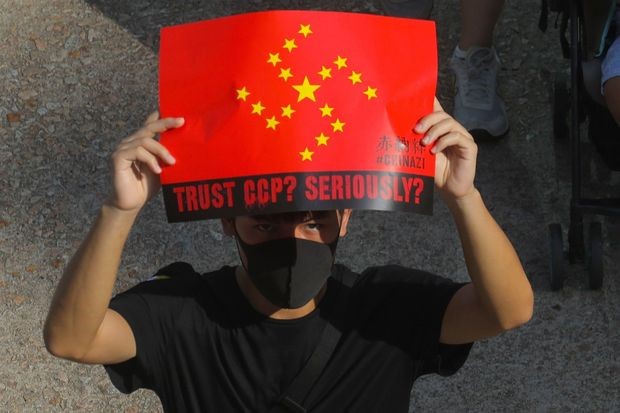Facebook says in a public white paper that it’s confronting its commitment to protect user privacy while dealing with “giving” users the right to take their data where they choose—to a competitor social medium platform, for instance. Facebook is treating these two goals as though they conflict with each other, though.
Of course, they do not.
Facebook’s white paper on the matter has this, for instance:
We’ve heard calls—sometimes from the same stakeholder—both to enable greater data portability and to limit people’s ability to share their data with third parties….
No, Facebook has heard no such thing. What the platform has heardis that Facebook’s ability to share people’s personal data with third parties must be strictly limited. Indeed, Facebook is increasingly enjoined from such sharing by both the US and the EU. That, of course, has nothing to do with users sharing, or not, their personal data.
And:
For example, the paper says it is clear that people should be able to transfer data such as the photos they upload to a social network, a capability Facebook has given users since 2010. Whether friends’ contact information or their comments on posts should also be portable are separate matters—and ones that Facebook hasn’t yet taken positions on.
This isn’t that unclear. Take emails sent by a writer to a user, for instance. The email in the originator’s emailer is the property of the originator. The copy of that email in the recipient’s emailer, however, is the property of the recipient. So it is with comments and other such transmittals from non-user to user.
And this:
Whether an outside entity is a worthy recipient of user data and who should be responsible for potential misuse of Facebook data after it is in that entity’s hands aren’t clear, the paper argues.
This isn’t Facebook’s concern. In the first place, they’re not Facebook’s data; they’re the users’ data. Users haven’t voluntarily given those data to Facebook; Facebook has forced the transfer as a condition of doing business with Facebook (sound familiar in an international trade environment?). From that, it becomes clear that assessment of worthiness of a transfer recipient and responsibility for potential misuse of those data after transfer are strictly those of the user. They’re his data, and he’s the one moving them about. Facebook has no legitimate role in this assessment.
Finally, this bit of disingenuosity, although this bit isn’t only Facebook’s; it’s also that of regulators:
The paper’s underlying premise is that who should own what data on a social network remains a murky matter.
Facebook’s agonizing and bodice-rending needs to stop. The virtue signaling has grown boring, and Facebook is using it only to obfuscate the fact that it is doing nothing to curb its abuse of user data.

